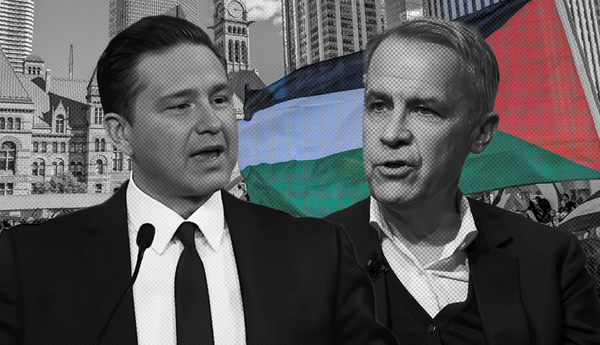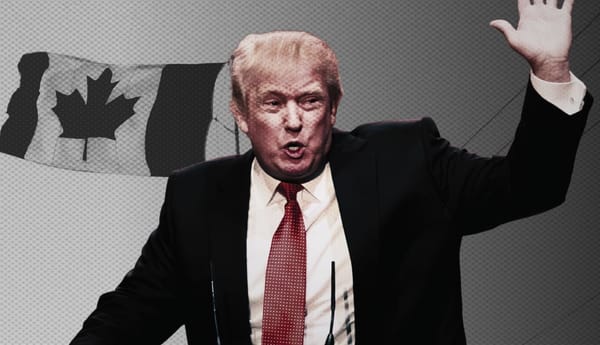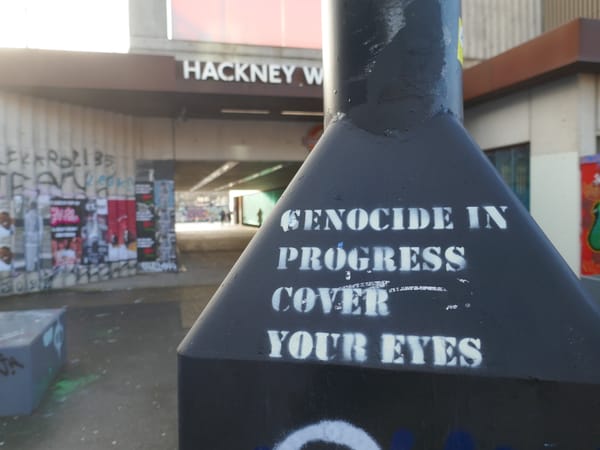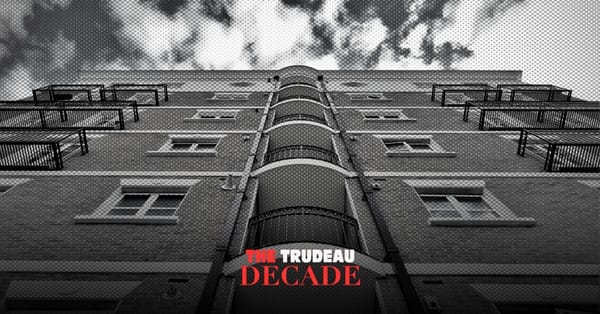There’s nothing like an election to remind you of the fact that Canadian law states only citizens can vote in federal elections, meaning temporary and permanent residents are disenfranchised.
It’s unclear how many permanent residents currently live in Canada. The 2016 census lists about 2.4 million people as “not Canadian citizens,” presumably meaning they are temporary or permanent residents. However, these numbers are also out of date, as there have been about another 1.5 million newcomers in the five years since then.
That is a significant number of people — who work, pay taxes and tuition, and spend money on local goods and services in the country — that can’t vote. As such, places with large permanent resident populations end up with electorates — at the municipal, provincial and federal level — that don’t really reflect who lives there. This is particularly true of big cities, as they remain the most common place for new immigrants to live upon arrival.
A 2019 report by the Canadian Civil Liberties Association concluded that although non-citizens “are directly impacted by political decisions, they continue to remain politically voiceless, which leads to an issue of democratic legitimacy.”
This is a significant problem, and it’s not one that can be solved by simply telling permanent residents to get their citizenship.
Barriers To Citizenship
According to Elections Canada, between 2015 and 2019 more than 337,000 new citizens joined the voting register. This means that there are far more new temporary and permanent residents each year than there are permanent residents becoming citizens.
This is due in part to the fact that it’s costly to get citizenship, with a price of up to $630 for the application fee alone. The major issue, though, is that it takes three years of living in Canada as a permanent resident, with temporary residency counting for up to one year, in order to apply. This results in a lag of several years between arrival and being able to vote.
Let’s take me as an example. I moved to Canada in 2017 as an international student, and am currently applying for permanent residency. Say I’m granted permanent residency sometime in 2022 and want to become a citizen after that: I can’t apply for citizenship until at least 2024. If we have a fixed five-year parliament, I won’t get to cast a vote for a local MP until 2026 — nine years, and three elections, after I started living in Canada.
Another issue with citizen-restricted voting is that many countries don’t allow for dual citizenship. This includes India and China (in almost all cases), whose citizens made up the most new permanent residents by country in Canada in 2019. That means a significant number of permanent residents are unable to become citizens (and thus able to vote) unless they’re willing to renounce their current citizenships.
There are other reasons why people may choose not to become citizens.
A 2013 New York Times article, for instance, estimated that 40 per cent of permanent residents in the United States don’t “naturalize” as citizens, and lists reasons such as “an overriding patriotism for their native country, disaffection for the policies of the United States government, even simple fecklessness.” This may certainly apply for permanent residents in Canada as well, especially considering that swearing an oath of allegiance to the queen is a legal requirement to become a citizen. If promising to serve the queen doesn’t sit right with you, too bad — no citizenship for you.
As a whole, the current system, and the issues with the citizenship process, means that while temporary or permanent residents can still be politically engaged in other ways, if they’re not voters, there’s no incentive for parties to consider them. And so, they can often end up up unrepresented and uncatered-to by politicians
Expanding The Vote Locally
The tiniest, babiest step toward fixing this would be to grant all permanent residents the right to vote in municipal and provincial elections. There have been some attempts to get this to happen: Major cities such as Toronto, Vancouver and Halifax, for example, have all passed motions in favour of allowing permanent residents to vote in municipal elections.
They haven’t been brought into effect yet though, because provinces ultimately hold jurisdiction over who can vote there, even in municipal elections, and none of them have made that move to give their approval.
In New Brunswick, all residents used to be allowed to vote in municipal elections — but changes to the Municipal Elections Act limited voting to citizens only from 1998 onward. Councils across the province support municipal voting rights for permanent residents, but the provincial government isn’t convinced.
Daniel Allain, minister of local government for New Brunswick, told the CBC earlier this year, “Extending voting rights to permanent residents would be a fundamental change to New Brunswick’s local government elections and a Canadian first. Extensive consultation would be required with the public and all affected stakeholders.”
Allain’s answer tells us a bit about why provinces may be wary of extending voting rights: it could upset current voters. When the right to vote is limited, as it currently is to citizens, that means votes are more powerful. Extending the franchise means more people get a say in what happens — so current voters see their power get diluted. This is the same kind of argument that was used historically to oppose extending the vote to anyone who wasn’t a white man.
More broadly, Allain’s response speaks to the way different parties view voting. A Pew Research Center report from July, for example, shows that Democrats are more likely to view voting as a “fundamental right” for citizens, while Republicans view it as a “privilege.” If you view voting as a privilege, it’s much easier to make the case that it should be limited or difficult. However, if you view voting as a right — even one limited to citizens — it’s easier to conceive of expanding it beyond the current electorate.
But the NDP in British Columbia, ostensibly a left-leaning party, haven’t done anything in response to various calls to expand municipal voting, despite the B.C. Civil Liberties Association and the Union of B.C. Municipalities openly supporting it in 2019.
This could be because the party walks a fine line between progressive lip-service and maintaining a conservative status quo. Maybe the party doesn’t want to expand the municipal vote due to fears of losing current voters (or having new voters then agitate for provincial voting rights) — but they can’t admit to that reluctance without looking undemocratic.
New Brunswick’s Bill 28, which would allow permanent residents to vote in municipal elections, was introduced to the legislature in December 2020. But it got kicked to the Standing Committee on Law Amendments and hasn’t progressed since.
The reticence to expand voting rights municipally is mirrored provincially: no province has yet pushed to grant provincial voting rights to permanent residents. Even if some did start to make the change, we would end up with a country where immigrants’ voting rights are only guaranteed in certain provinces, while others lag behind.
Pushing For Broader Change
So, the federal government could step in to change voter eligibility and allow permanent residents the right to vote in national elections. There’s no internationally agreed-upon rules on what criteria countries can choose to determine voter eligibility, and while many do limit voting to citizens, it’s by no means universal.
All permanent residents in New Zealand have been able to vote in federal elections since 1975, for instance. Uruguay, Chile, Ecuador and Malawi also allow all permanent residents to vote in national elections, so long as they meet the minimum residency requirement.
Having the ability to vote federally but not locally would certainly be strange, but starting from the top might nudge provinces into accepting this new status quo. (There doesn’t seem to be a record of any Federal party pushing it as a serious policy at this point, though, perhaps because the people it most appeals to literally can’t vote.)
However, why stop at permanent residents? It’s hard enough to become a permanent resident, let alone a citizen, if you’re undocumented, speak English as an additional language or work a low-wage job. But everyone in Canada is affected by the choices that governments make. So, everyone who lives here should get a say in who represents them.
Why not simply make all elections open to everyone that has lived in a region for long enough? Make enrollment happen automatically at a set date (e.g. a year) after a visa or work permit is issued, and let everyone who lives in a community have a say in its future.
Permanent residents are a useful group in discussions of non-citizen voting, because it doesn’t take a huge leap to argue that people who live in the country permanently deserve the same electoral rights as citizens. But that doesn’t go nearly far enough. A just electorate would include everyone, no matter their immigration status.
Canada is far from the only country that limits voting rights to its citizens. But it’s also a country that boasts about how much it loves immigrants and democracy.
While the country continues to exclude millions of people from voting in elections, how democratic can it really be?







